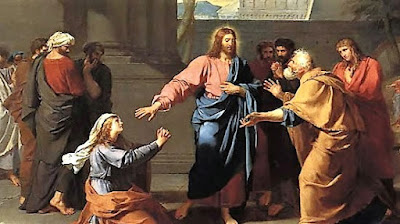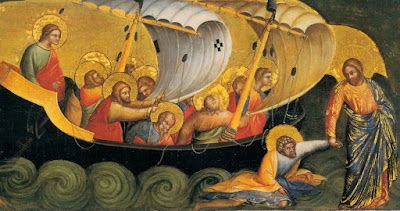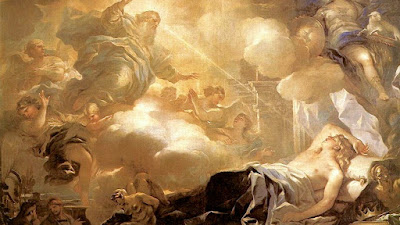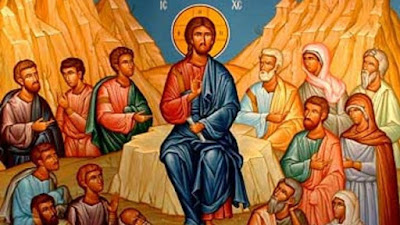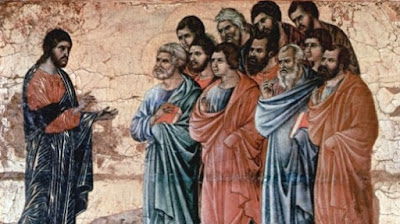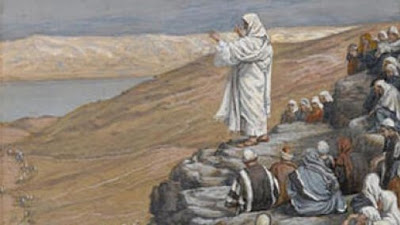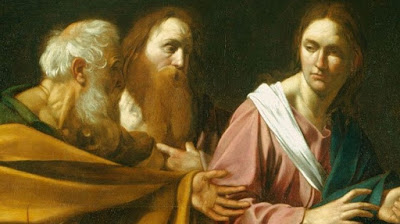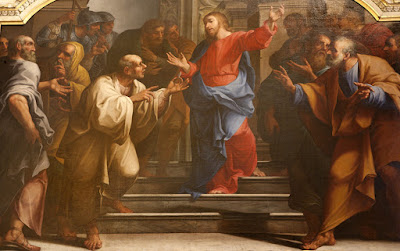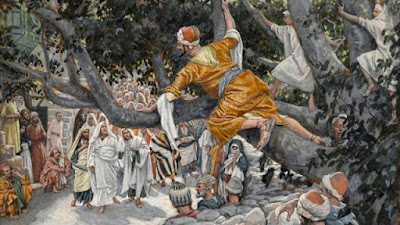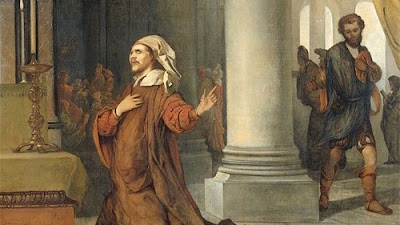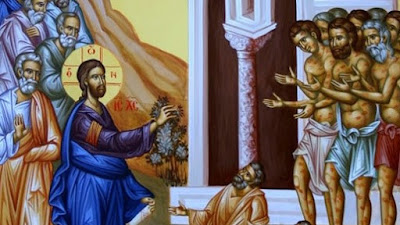Homily for the 21st Sunday in Ordinary Time, August 23, 2020, Year A
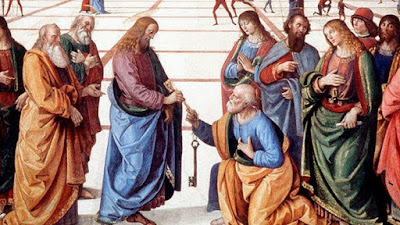
Fr. René J. Butler, M.S. La Salette Missionaries of North America Hartford, Connecticut ( Click here for today’s readings ) Who was Shebna? Who was Eliakim? Why did Shebna lose his job to Eliakim? Why should we care? These questions are pretty irrelevant. Today’s reading from Isaiah was clearly selected only because of its reference to keys. The questions in today’s Gospel, on the other hand, are far from irrelevant. Can you imagine a head of state or a pope asking his closest associates, “Who do people say that I am?” The more normal question would be, “What are people saying about me?” The disciples felt no need, apparently, to ask what Jesus meant, and they gave precisely the kind of answer he was looking for: “Some say John the Baptist, others Elijah, still others Jeremiah or one of the prophets.” (How anyone could think he was John the Baptist, whose death was so recent, is beyond me.) When Jesus asked the disciples the more pointed question, “Who do you say that I
